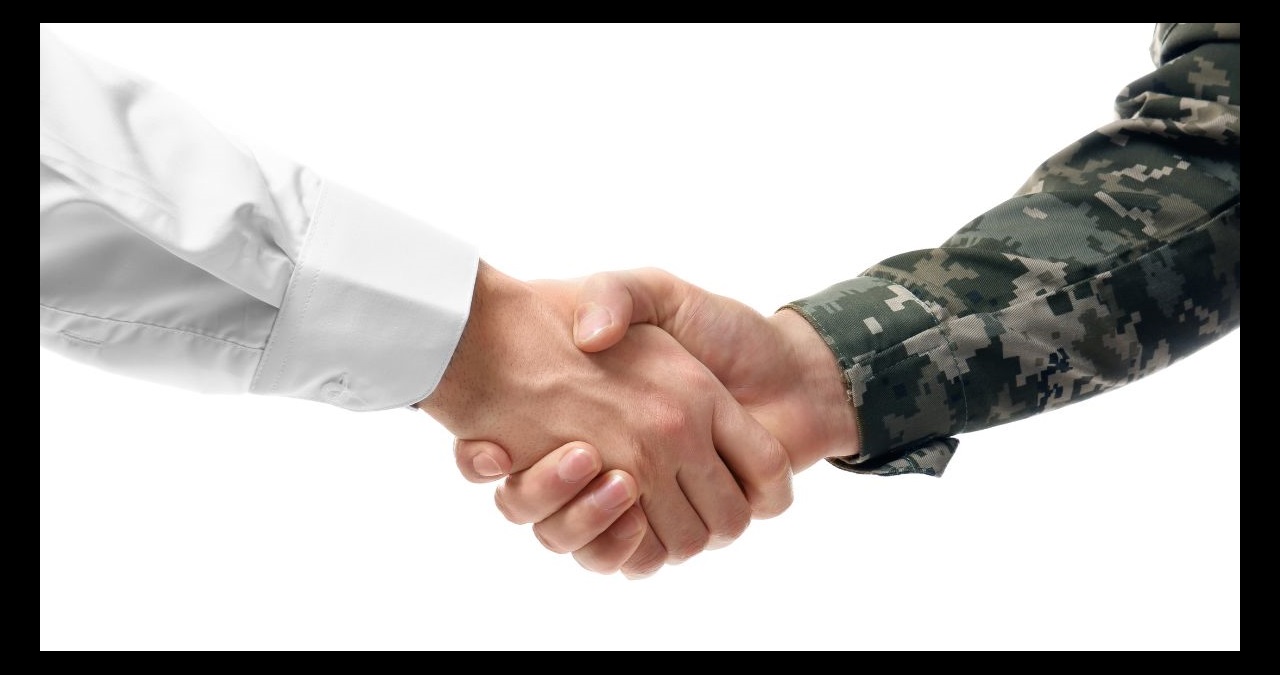
Changing from one career to another invariably has its challenges, and that was no different for Gigi A. Simko, FACHE, when in 2020 she moved into a civilian healthcare executive role after spending nearly a quarter of a century with the U.S. Air Force. Simko ensured a successful career transition by starting early, being thorough in her preparation and taking advantage of career development resources, including those from ACHE.
Today she’s senior manager of practice operations at Connecticut Children’s in Hartford, Conn., and has served ACHE in a variety of roles, including as a member of the Board of Governors, a member of the Nominating Committee, a Regent for the Air Force and a Regent-at-Lage for District 6. Learn more about her transition from the Air Force to civilian healthcare in the Q&A below.
Describe your experience of transitioning from the U.S. Air Force to a civilian healthcare executive role.
My transition from the Air Force to civilian healthcare was a positive experience. Although I began preparing to separate from the military as early as 2001, my efforts became more focused 15 months out from my retirement date, when I attended the Department of Defense Transition Assistance Program (TAP) for the second time. I followed most of TAP’s guidance, from investing in a professional wardrobe to civilianizing my resume to preparing an elevator speech. Because my husband wanted to move back to his home state, my job search was geographically limited. I also transitioned amid the COVID-19 pandemic. Despite the challenges, our timeline came together: eight weeks after moving into our new home, I started work at a children’s hospital.
How has ACHE helped you in your career development, both as a military member and as a civilian?
ACHE has been a key partner in my continual learning. I try to attend Congress every year to learn best practices and listen to top thought leaders. The FACHE® credential is something I am particularly proud of, because of the effort it takes to earn it, and the recognition it garners as one who has demonstrated competency and commitment to the healthcare profession. As I was preparing to transition, I took advantage of the Resume and LinkedIn Review service and Job Center. Furthermore, ACHE continues to offer me opportunities to remain engaged and enhance my network.
What challenges did you face as you transitioned to a civilian role?
Although I did a lot of pre-work prior to transitioning, I still faced challenges. I felt I had to convince some hiring managers that military healthcare experience is comparable to civilian healthcare, especially in the area of operations. There is a perception that service members are rigid and cannot think creatively. One of my co-workers remarked to me that I didn’t look or behave the way she expected. Personally, I have learned to be more patient and more persistent and to adjust my expectations. The “chain of command” in a civilian organization isn’t as clear as it is in the military, so you often need to rely on interpersonal or “soft” skills to get things done. Compensation was a topic I had to get comfortable with quickly.
What should military members consider as they prepare for their own transition to civilian roles?
Prepare early and prepare often! Take advantage of all the resources offered by ACHE and the Department of Defense. Research an organization before applying for a job to make sure it’s the right fit for you. Take the time to invest in you.
What advice do you have for those who are struggling to make the transition?
Be patient, be persistent and be professional. If you don’t hear back after an interview, follow up with the hiring manager or talent acquisition consultant. Send thank-you notes/emails to everyone who took the time to meet with you. Reassess your expectations. Reach out if you need help. I started therapy several months before I left active duty because I recognized the transition would be a seismic change in my life.
Currently, what are some of your own career goals?
It’s almost two years post-military and I’m still thrilled to be part of an organization whose mission is to care for sick children. My career goals are simple: continue to learn and be challenged by my work. At the same time, I’m exploring other interests that may open different doors, like running for town office and volunteering on the town newspaper. I believe it’s healthy to have options.
